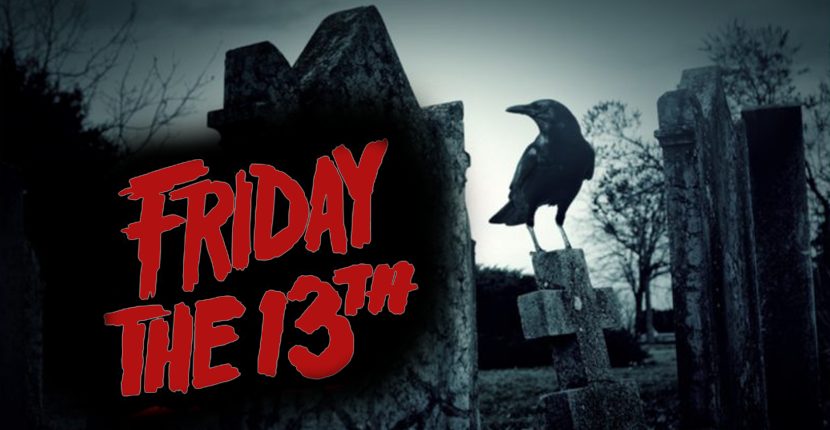What is it about the number 13? As a species, we are always looking for ways to ease our fears about the chaos of existence. Superstition and ritual are methods we use to help us feel that we have some control over the universe.
Seeing specific numbers as unlucky may have more to do with our innate fear of the unknown than with the number itself. Numbers have played an important role in our understanding of the universe for aeons. The Encyclopaedia Britannica notes that the ancient Babylonians used a numbering system to track the movements of the planets and predict eclipses.

By the era of the ancient Greeks, numerical mysticism had become a legitimate past time. Perhaps the most famous number cult was that of the Pythagoreans, supporters of Pythagoras and his theories. In amongst their mysticism was the basis for a large portion of modern mathematics and the discovery that musical harmony is based on whole number ratios.
For most of human history, the number 13 was not considered anything special and in non-Anglo-American cultures, the number 13 does not have any bearing on luck at all.
In Italy for example, as detailed in National Geographic, the number 17 is unlucky as the roman numerals can be rearranged to spell ‘VIXI’ which translates to ‘I have lived’ or ‘my life is over.’
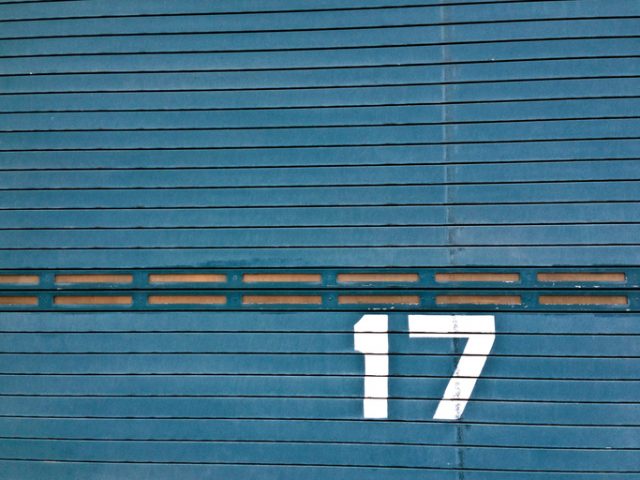
Due to cultural influences, the number 13 is now getting some traction as being unlucky in Italy but for most it is considered lucky; hitting a jackpot is called ‘fare tredici’ or making thirteen. National Geographic goes on to report that in different parts of the world there are unlucky numbers that are not thirteen.
In China, for example, the pronunciation of the number four sounds like the Chinese word for ‘death.’ This superstition is so strong that some hotels in China will miss out the fourth floor.

In Japan, the number nine is pronounced like the Japanese word for torture or suffering. In Afghanistan, the number 39 has the pronunciation like the word for pimp, leading people to avoid this number in licence plates and phone numbers lest they are assumed to be one.
Related Article:
The Straight Dope traces the fear of 13, called Triskaidekaphobia, back to the Middle Ages where pious theologians noted that Judas Iscariot was the 13th dinner guest at the Last Supper.
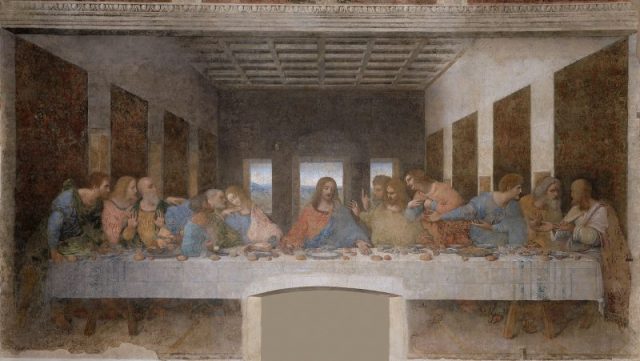
Mental Floss reports that things only got worse for the number 13 when King Philip IV ordered the mass roundup and execution of the Knights Templar on the original Friday the 13th (Friday, October 13, 1307) and, as noted by Mental Floss, the witch trials of the middle ages may also have added to the problem as witches’ covens were reported to have exactly 13 members.
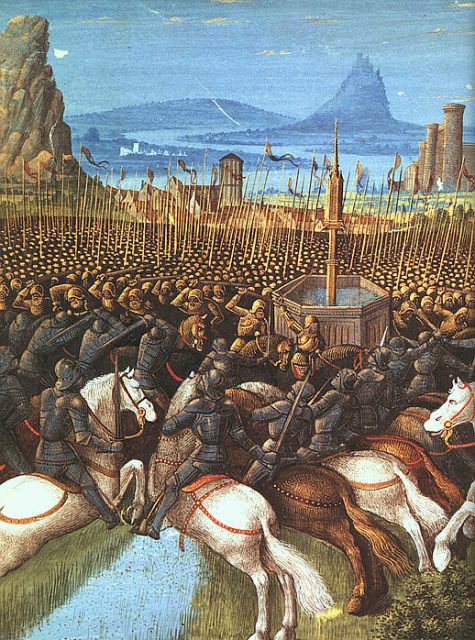
Over at How Stuff Works, they report that Friday 13th is the unluckiest day for businesses, who can lose around $1 billion in revenue due to superstitious types not conducting business on this day. Even some hotels will leave out the 13th floor to accommodate their more superstitious guests.
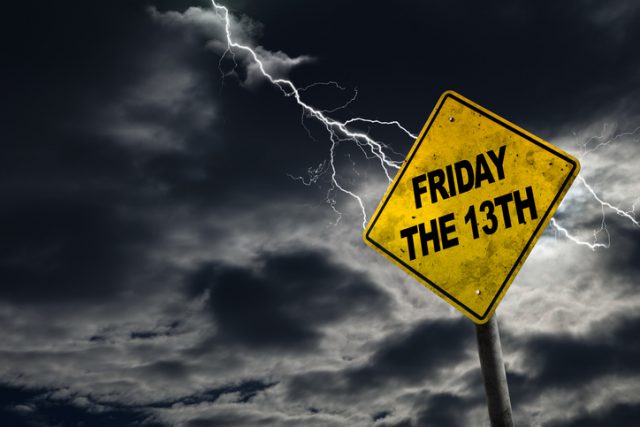
The Independent reports that on Friday 13th you are statistically less likely to be injured than any other day, the hypothesis being that, due to superstitions, people tend to be more careful on this day than on any other. In Finland, every year one Friday the 13th is chosen as National Accident Day to raise awareness of automotive safety.
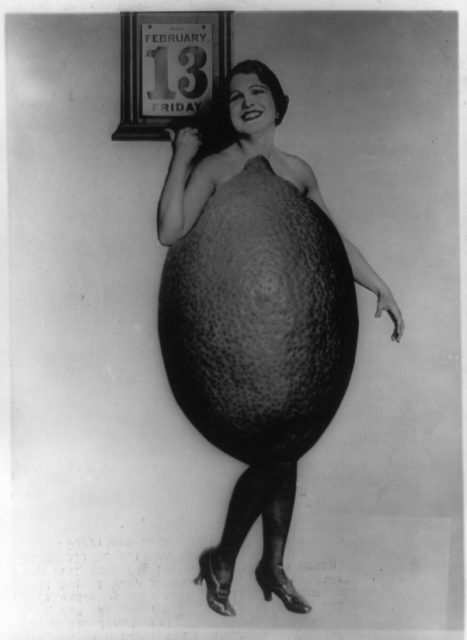
In numerology circles, 13 is regarded with some hostility due to its numerical position.
The number 12 is considered a perfect number, representing all that is good, harmonious and complete; by association thirteen represents transgression, taking things too far or creating discord.

Popular culture has not been kind to the number 13 or indeed Friday the 13th itself. In 1980 the slasher flick Friday the 13th was released which has spawned a total of 12 films in the series. In it a crazed murderer named Jason Voorhees (at least starting from the first sequel) slashes his way through unsuspecting teenagers while wearing a hockey mask, which has since become an iconic maniac motif. Perhaps more than anything else in recent times, the Friday the 13th film franchise has blackened this day and added to the uneasy feeling people get when it comes around on the calendar.
Read another story from us: She’s Got What?! The quack afflictions that were diagnosed to women
Today, there are split opinions on whether Friday the 13th is indeed an unlucky day or merely a superstition. But the dominant cultural fear still reigns supreme in many countries and the number 13 still has a ways to go before being accepted into the realm of ordinary, neutral numbers.
